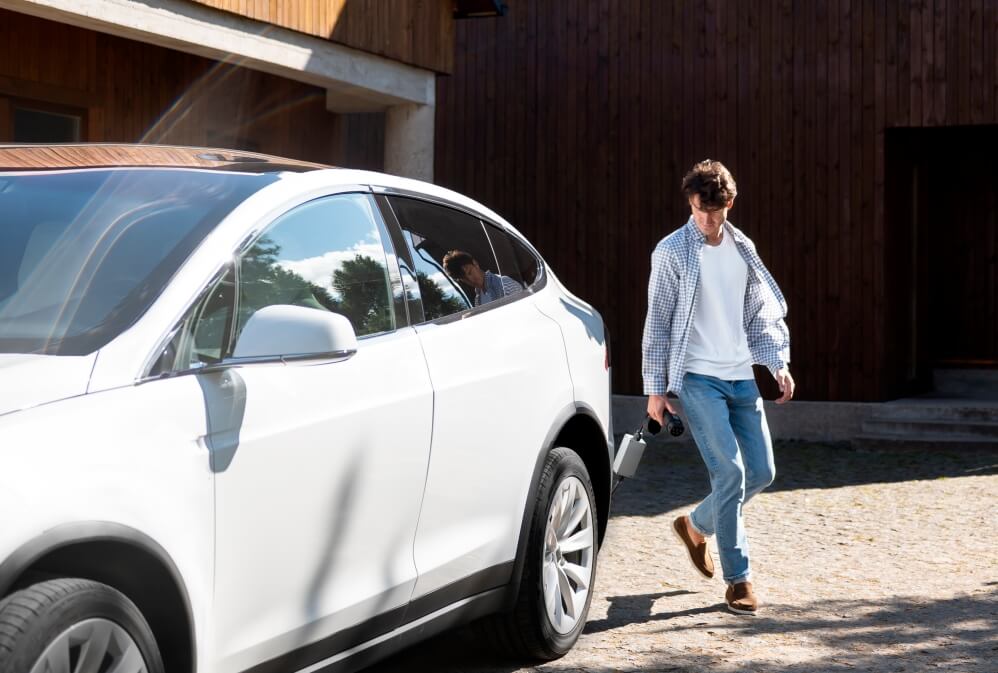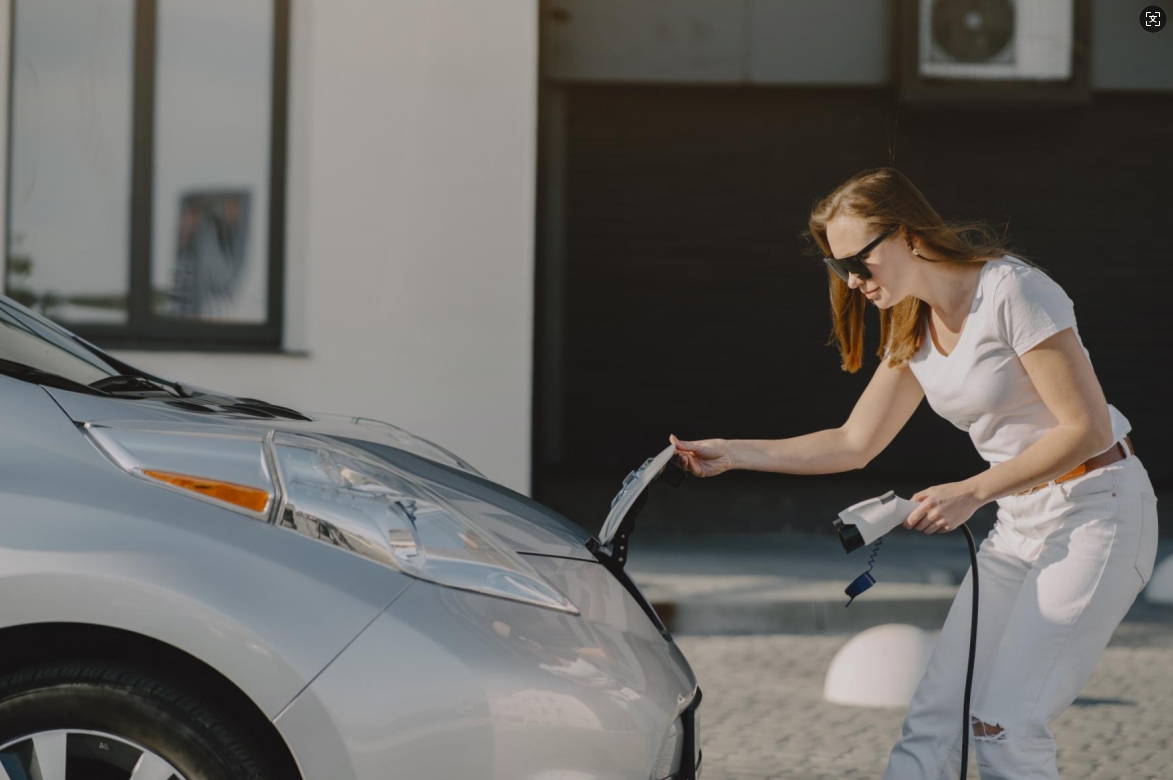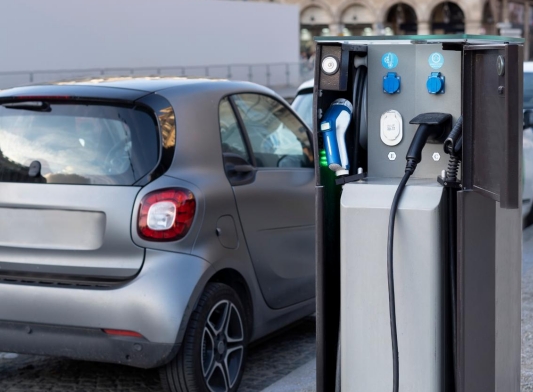Maximizing Your Nissan Leaf’s Battery Life: Smart Charging Practices for the CHAdeMO Era and Beyond
Your Nissan Leaf is more than just a car—it's a long-term investment in sustainable transportation. Protecting its heart, the lithium-ion battery pack, is key to maintaining its range, performance, and value for years. While the industry moves toward new standards like NACS, the principles of battery preservation remain constant. This guide offers innovative charging practices to maximize your Leaf's battery life, whether using CHAdeMO fast charging or a home Nissan EV charger.
Understanding Your Leaf's Battery: The Basics of Degradation
Lithium-ion batteries degrade over time, losing a small percentage of their capacity with each charge cycle. However, several factors can accelerate this process:
* Heat: The number one enemy of battery longevity. High temperatures during charging or driving increase chemical stress.
* High-Voltage Stress: Consistently charging the battery to 100% and leaving it at full charge for extended periods.
* Deep Discharging: Regularly draining the battery to very low levels (e.g., below 10%).
* Rapid Charging: Frequent use of DC fast chargers (like CHAdeMO), which pump high currents into the battery, generating heat.

Smart charging is about managing these factors to slow the natural degradation process.
The Golden Rules of Smart Charging
Adopting these simple habits will have the most significant impact on preserving your battery's health.
1. Avoid the Extremes: The 80/20 Rule
The ideal daily driving practice is keeping your state of charge (SOC) between 20% and 80%. Avoid charging to 100% unless you need the full range for a trip. Similarly, try not to let the battery drop below 20%. This reduces stress on the battery cells and helps maximize their lifespan. If your Leaf has a charge timer setting, automatically stop charging at your desired level (e.g., 80%).
2. Emphasize AC "Trickle" Charging
Your best friend is a Level 2 Nissan EV charger at home for daily use. AC charging is slower and generates far less heat than DC fast charging, making it the gentlest and most battery-friendly way to power up. Consider DC fast charging as a necessary convenience for road trips, while AC charging is the primary, healthy diet for your car's battery.
3. Be Strategic with CHAdeMO Fast Charging
CHAdeMO is fantastic for long-distance travel, but it should be used judiciously.
* Don't Top Off: Fast charging speeds drop significantly after 80% to protect the battery. It's more efficient and less stressful to stop at 80% and continue your journey or switch to an AC charger later.
* Avoid Consecutive Sessions: Space out your fast-charging sessions on a long trip to allow the battery to cool down.
* Mind the Weather: Avoid fast charging in extremely hot weather. If you must, try to do it in the shade or during a cooler part of the day.
Leveraging Your Nissan EV Charger for Battery Longevity
Your home charging setup is your most excellent tool for battery preservation. Modern smart chargers can be programmed to align with optimal charging practices.
* Schedule Nightly Charging: Set your charger to finish charging just before you need the car in the morning. This prevents the battery from sitting at a high charge (e.g., 100%) for hours overnight.
* Pre-Condition While Plugged In: Use your car's climate control timer while the vehicle is still plugged in in extreme heat or cold. This allows the cabin (and often the battery) to reach a comfortable temperature using grid power instead of draining the battery, reducing stress before you even drive.
Adapting to the Future: Beyond CHAdeMO
As Nissan transitions to the NACS standard, the core principles of battery care remain unchanged. Future models will still benefit from the same smart habits: prioritizing AC charging, avoiding extreme states of charge, and using fast charging strategically. The technology around the plug may change, but the chemistry inside the battery does not.
By integrating these innovative charging practices into your routine, you actively take control of your Nissan Leaf's battery health. This ensures you enjoy maximum range for years to come and protects your vehicle's resale value. A well-cared-for battery is a testament to a savvy and responsible EV owner.
Last Updated on September 22, 2025 by tayniu


